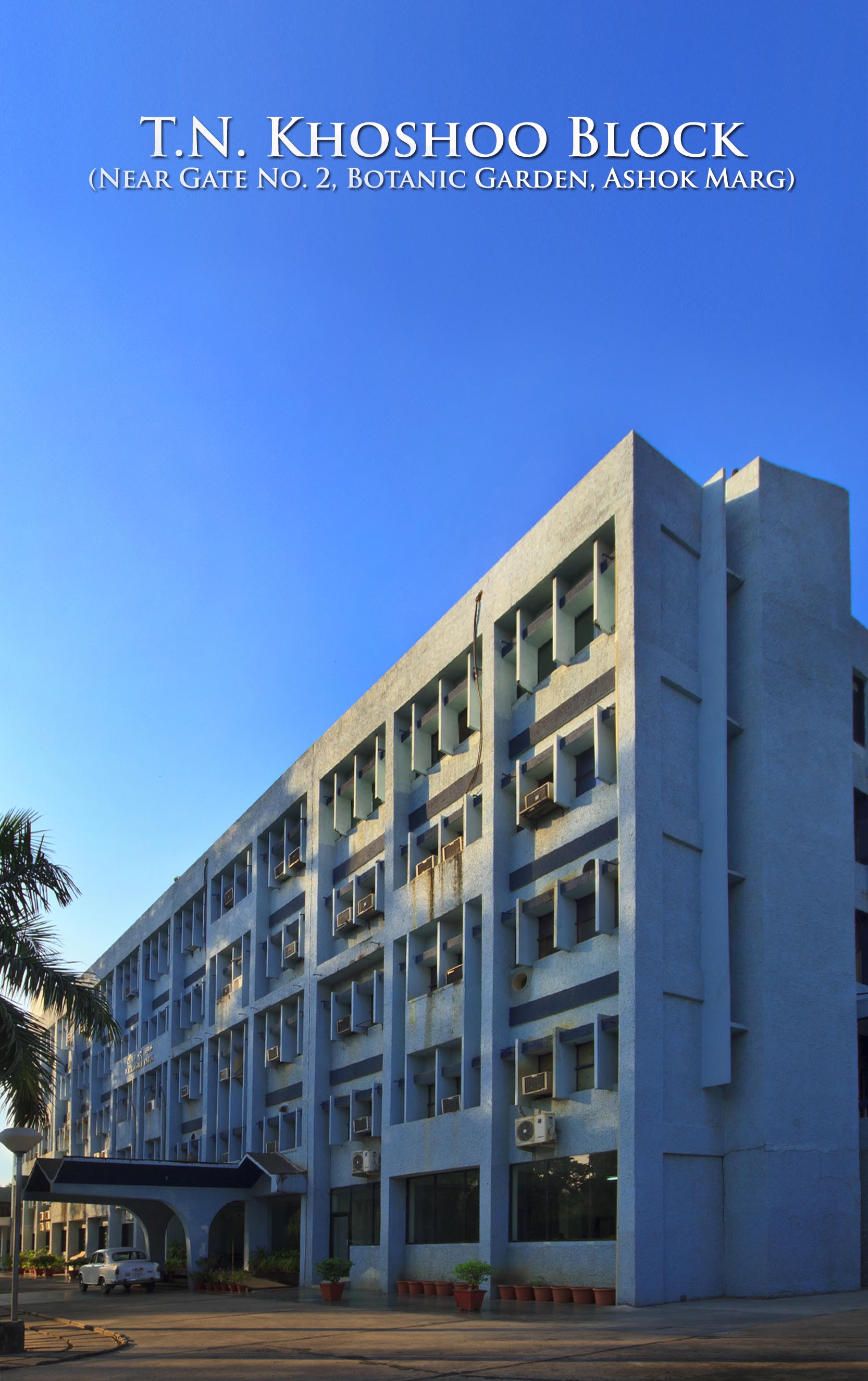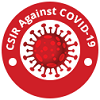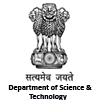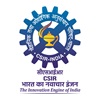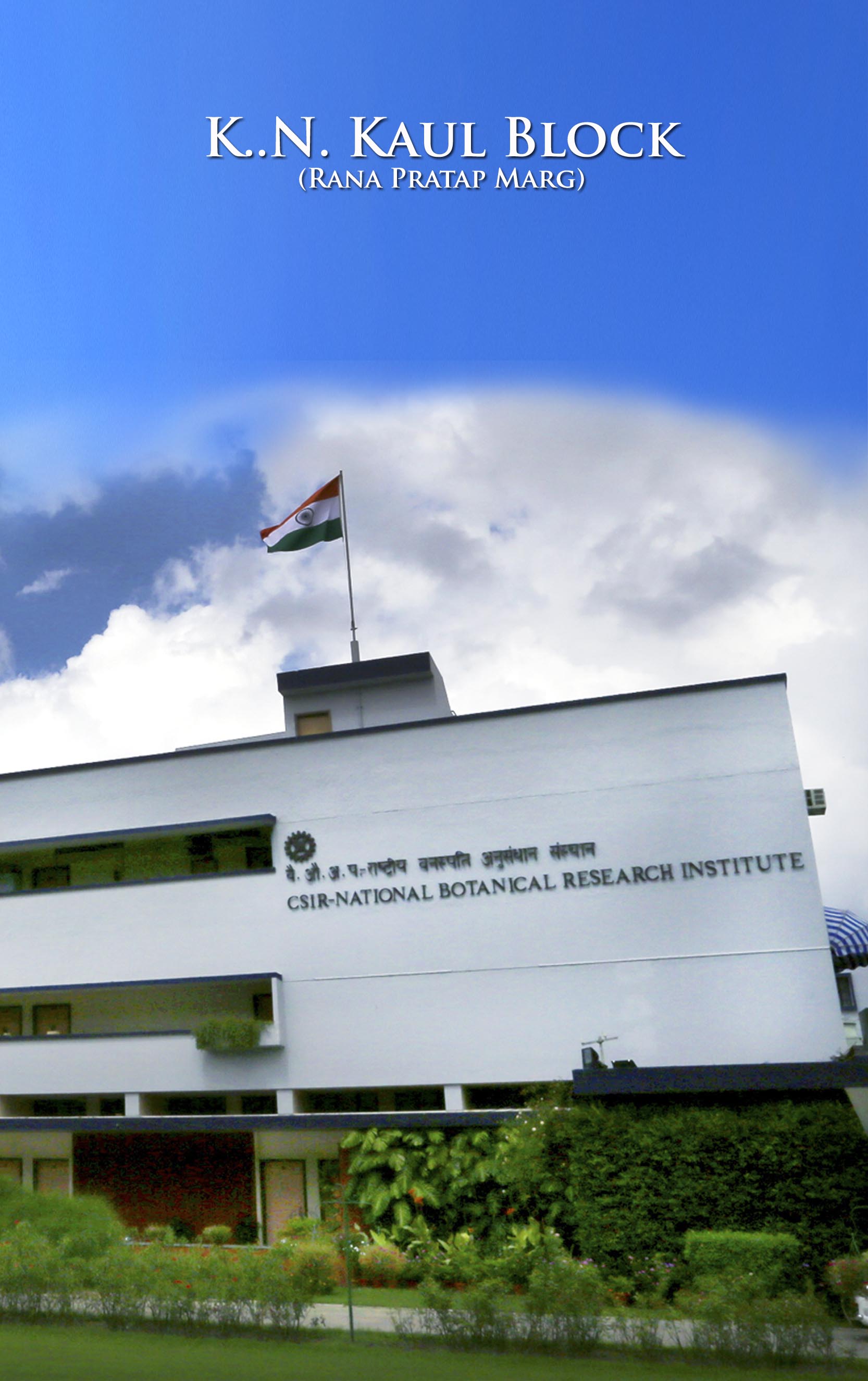

Dr. Vidhu A. Sane
Chief Scientist
Research Interests
The two major interests of our lab are:
– The control of root architecture by key regulatory genes during development and in response to biotic and abiotic stress interactions.
– Molecular mechanism of differential spatio-temporal regulation of ripening and aroma in mango.
Dr. Vidhu A. Sane
Senior Principal Scientist
Research Summary
Control of root architecture development
Root system architecture is under complex genetic and hormonal control and undergoes continuous changes during development in response to water and nutrient availability. These changes are brought about by altering the balance of different hormones and their responses in a cell and tissue specific manner which in turn regulates primary and lateral root growth. In an effort to understand how root architecture is governed we have identified regulatory proteins and transcription factors of the MYB/WRKY/HSF families that are primarily expressed in root. We study how manipulation of these genes (through over-expression and CRISPR/RNAi suppression) affects root growth and branching and in turn aerial growth using tomato as a model.
In a related activity, cotton has been chosen as the commercially important target crop for improvement using a NAC transcription factor. Expression of this NAC gene not only helps in development of a robust root system in cotton but also imparts drought tolerance and improves fibre length under non-stressed conditions. We are currently trying to understand the mode of action of the gene in a cell-specific and hormone-responsive manner.
Spatio-temporal control of key ripening pathways in mango
Fruit ripening is a well coordinated process under the control of hundreds of genes, each controlling different aspects such as initiation of ripening, colour changes, development of flavour/aroma, starch to sugar/acid changes and softening. Mango (Mangiferaindica) is one of the most important fruits in India. A large diversity of mango cultivars exists in India, each identified by a unique combination of characters such as fruit size, colour, taste, flavour and ripening polarity. The popular N. Indian Dashehari variety (low fibre, thin stone, and pleasing flavour) shows a peculiarity in that it ripens from the stone towards the peel unlike most other mangoes. It also suffers from excessive softening and off colour pulp in the centre despite being hard from outside – a factor that affects its export. Our primary aim is to understand the molecular basis of this problem to find ways to mitigate the problem. We are also interested in identifying the factors governing spatio-temporal differences in ripening between mangoes and the key factors regulating aroma/flavour biosynthesis in Dashehari and other mangoes.
Dr. Vidhu A. Sane
Senior Principal Scientist
Publications
1. Agarwal P, Singh PC, Chaudhry V, Shirke PA, Chakrabarty D, Farooqui A, Nautiyal CS, Sane AP, Sane VA*(2019). PGPR-induced OsASR6 improves plant growth and yield by altering root auxin sensitivity and the xylem structure in transgenic Arabidopsis thaliana. (2019)Journal of Plant Physiology, 240: 153010, https://doi.org/10.1016/ j.jplph.2019.153010.
2. Khan K, Kumar V, Niranjan A, Shanware A, Sane VA* (2019). JcMYB1, a Jatropha R2R3MYB transcription factor gene, modulates lipid biosynthesis in transgenic plants, Plant and Cell Physiology, 60:462–475. https://doi.org/ 10.1093/pcp/pcy223
3. Singh RK, Chaurasia AK, Bari R, Sane VA*(2017). Tocopherol levels in different mango varieties correlate with MiHPPD expression and its over-expression elevates tocopherols in transgenic Arabidopsis and tomato. 3 Biotech 7:352.https://doi.org/ 10.1007/s13205-017-0991-3
4. Misra A, Khan K, Niranjan A, Kumar V, Sane VA*(2017). Heterologous expression of two GPATs from Jatropha curcasalters seed oil levels in transgenic Arabidopsis thaliana. Plant Science, 263: 79-88.
5. Srivastava S, Singh RK, Pathak G, Goel R, Asif MH, Sane AP,Sane VA*(2016). Comparative transcriptome analysis of unripe and mid-ripe fruit of Mangiferaindica (var. “Dashehari”) unravels ripening associated genes. Scientific Reports6:32557 DOI: 10.1038/srep32557
6. Gunapati S, Naresh R, Ranjan S, Nigam D, Hans A, Verma PC, Gadre R, Pathre UV, Sane AP, Sane VA *(2016). Expression of GhNAC2 from G. herbaceumimproves root growth and imparts tolerance to drought in transgenic cotton and Arabidopsis. Scientific Reports 6: 24978DOI: 10.1038/srep24978
7. Khan K, Agarwal P, Shanware A, Sane VA*(2015). Heterologous Expression of Two Jatropha Aquaporins Imparts Drought and Salt Tolerance and Improves Seed Viability in Transgenic Arabidopsis thaliana.PloS one. 10(6):e0128866.
Dr. Vidhu A. Sane
Senior Principal Scientist
Patents
Dr. Vidhu A. Sane
Senior Principal Scientist
Research Scholars
Mr. Ram Naresh
Mr. Vinod Kumar
Ms. Deepika Singh
Ms. Adity Majee
Ms. Saumya Raizada
Ms. Pratima Debnath
Ms. Vijayluxmi
Ms. Pooja Patwal
Ms. AnjanaKumari
Ms. Pallavi Agarwal
Dr. Vidhu A. Sane
Senior Principal Scientist
Address
CSIR-National Botanical Research Institute, Rana Pratap Marg, Lucknow-226001
